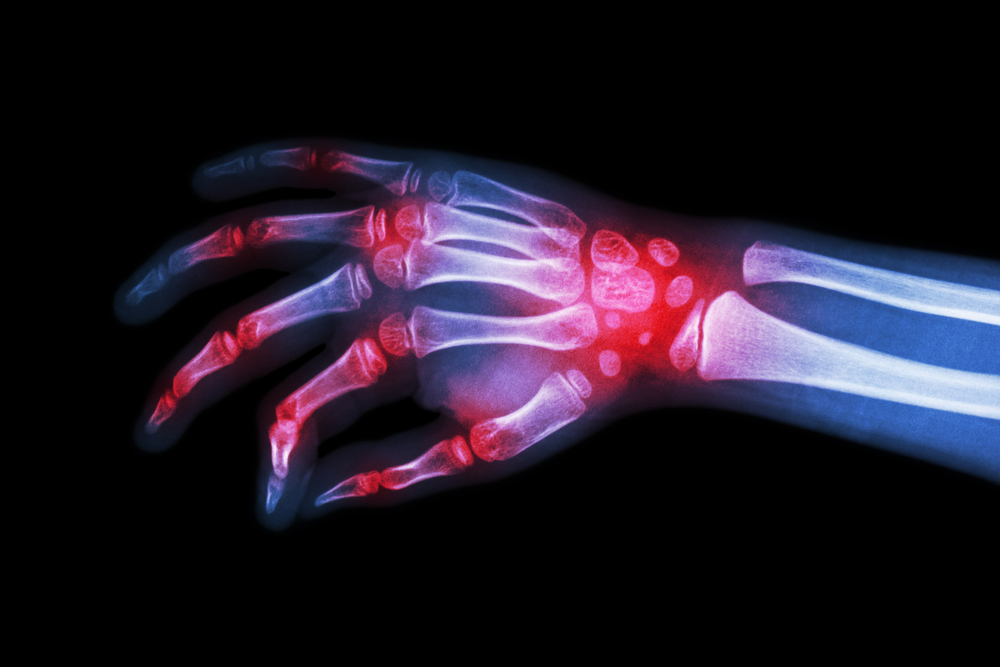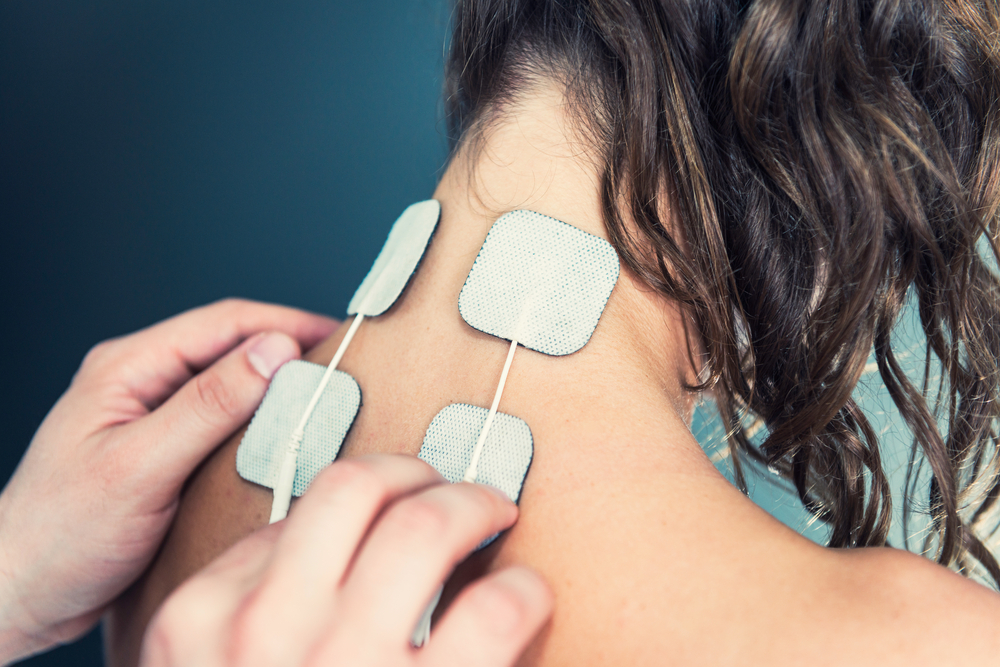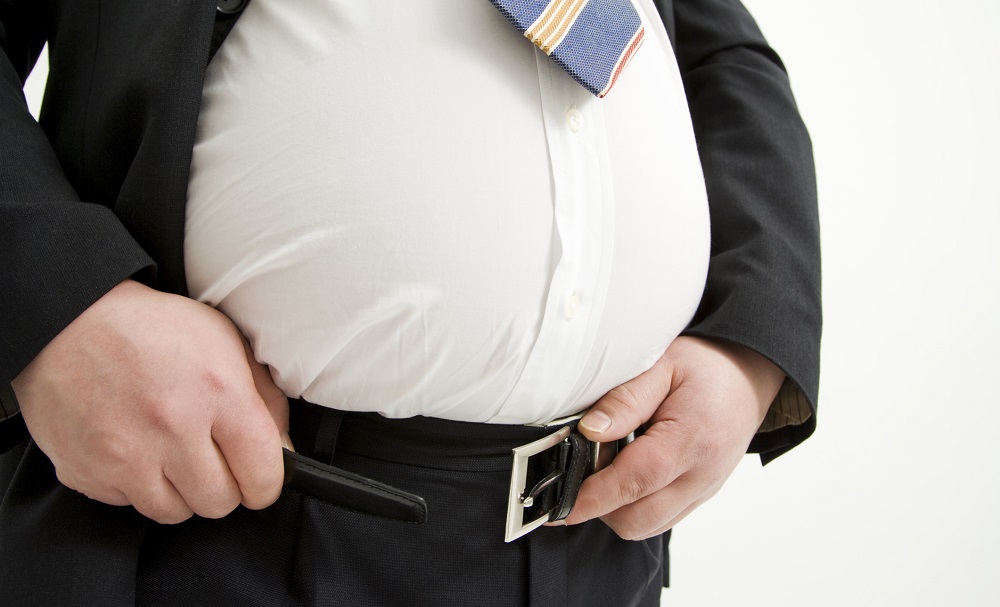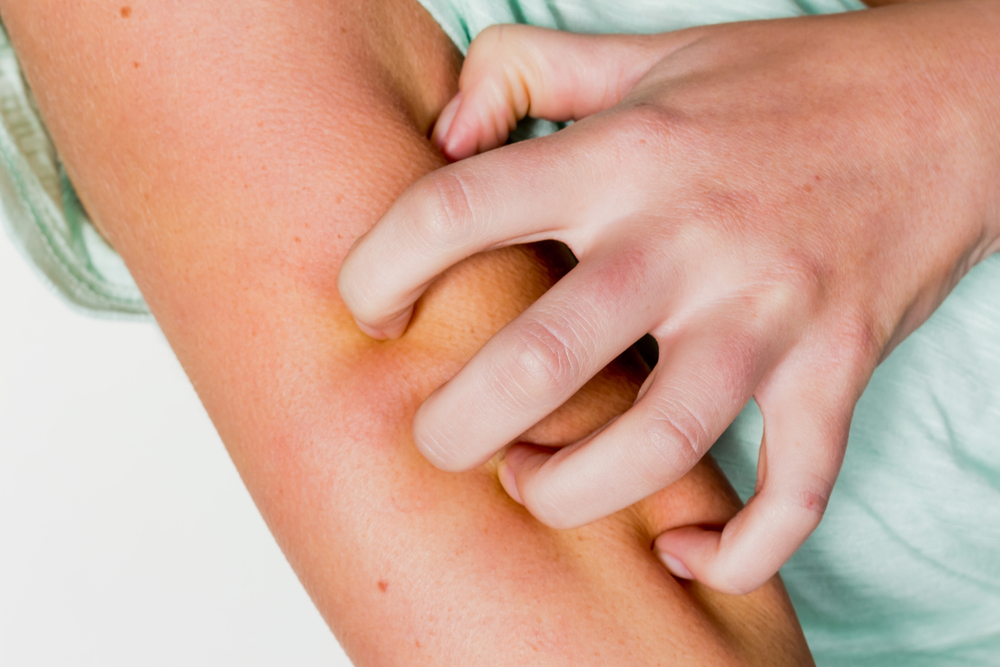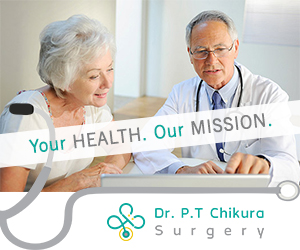
Shutterstock
On July 2 in Milan, Italy, a 14-month old baby was rushed for the hospital by his grandparents. Severely malnourished from being maintained a strict vegan diet by his parents, the newborn child was extremely underweight and encountering various nutrient deficiencies, with a critical calcium deficiency, which doctors say exacerbated the actual congenital heart condition. Now recovering from emergency heart surgery, the newborn child have been eradicated on the parents. A children’s court will decide perhaps the grandparents will be presented with full custody.
This may be the fourth reported case similar to this in Italy over the past 1 . 5 years, where vegan diets are actually increasingly popular. In order that it begs the issue: Can vegan diets be safe to use for kids?
“Because they’re still growing and developing, it’s crucial that kids get adequate nutrients,” says Laura Gibofsky, M.S.,?R.D., a board-certified pediatric dietitian in Manhattan. “A well-planned vegan diet can fulfill the nutrient needs of infants, children, and adolescents,” she explains, though with an?increased exposure of “well-planned.”?However,?”any parent considering putting the youngster using a vegan diet should do it underneath the guidance of any registered dietitian to make certain their children is becoming sufficient nutrients for optimal development and growth,” she adds.
Some of the nutrients Gibofsky says parents need to be particularly cognizant of in the child after a vegan diet: “Protein, omega-3s (efas), iron, zinc, calcium, vitamin D and vitamin B12.” She recommends vitamin B12 supplements in particular as it is an extremely common deficiency on vegan diets, and adds that calcium and vitamin D supplements is usually necessary also. Parents and health care providers may also choose to supplement for other nutrients they think a kid can be in danger of without the benefit of. Though they are certainly not an aftermarket for food, she says supplements may help address gaps inside the diet and pediatric supplements that may contain no animal backpacks are available.
Though adults may not have to concern yourself with still nutritional issues as kids, nutrient deficiencies are nevertheless something to look out for when it comes to plant-based eating. A healthy vegan diet requires planning and additional attention to certain nutrients to guarantee you’re covering your nutritional bases. Here’s what and keep watch for:
Protein: Plant-based protein are located in nuts, seeds, beans, peas, lentils, and?some vegetables (though in control).
Calcium: Tofu, dark leafy greens, and white beans are simply a few of the many plant causes of calcium. You can also take fortified dairy substitutes or start using a supplement. Have about 1,000mg per day total. (Hint: Dairy-Free Sources of Calcium.)
Iron: No pork? No trouble! Iron can be bought in foods like beans, lentils, whole grain products, nuts, seeds, and dark, leafy greens. Eat these with foods that are rich in ascorbic acid to increase absorption. (Have a look at Iron Rich Foods Who are not Red Meat.)
Vitamin B12: Seaweed is probably the few naturally occurring plant reasons for vitamin B12. Nondairy milks, meat substitutes, and grain backpacks are often fortified with B12. If you can not wish to jump on the faux?meat bandwagon, though, a regular supplement is likely to be you need to.
Vitamin D: Mushrooms are some of the few plant foods that incorporate vitamin D, but is not in large volumes. An every day supplement or supplemented food or beverages like grain products or nondairy milk might be the best longterm option on this one. (Here: A good diet With Vitamin D.)
Also-and this is significant for the diet-be likely to hear?your system. If something doesn’t feel right, it likely isn’t. So touch base with a medical professional and earn a session which includes a dietitian that can assist you make sure that you’re getting things you need.






